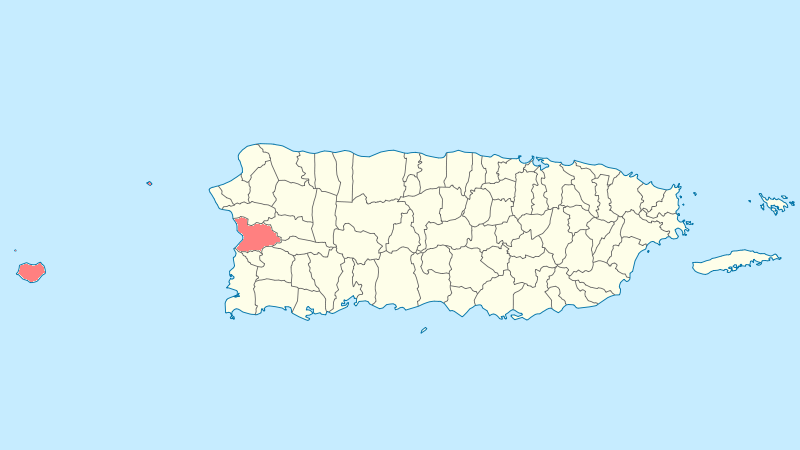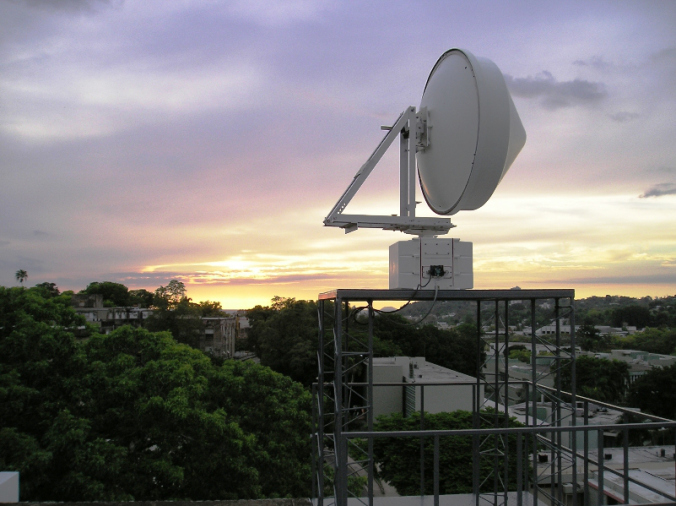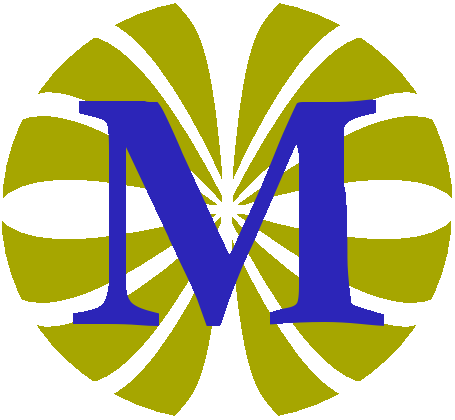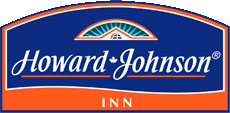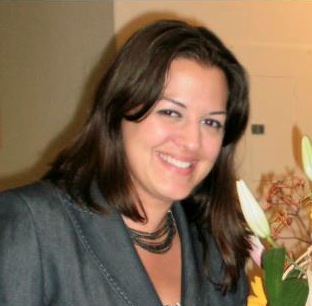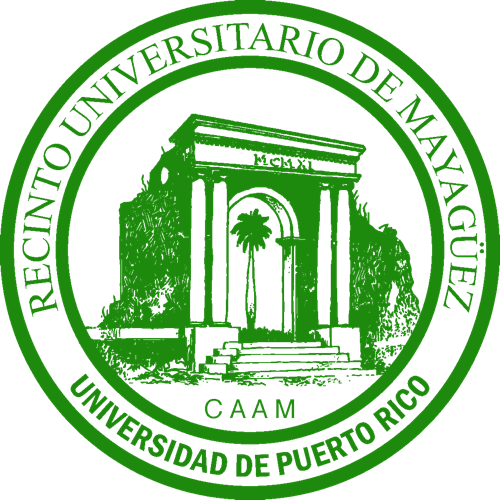
About
Radio frequency spectrum, like many other natural resources, is a key component of the overall economic development in a society. Its rational and efficient exploitation can enhance economic competitiveness of a nation, as well as create jobs and improve the quality of life of its citizens.
With the rapid advancements in wireless communication along other technologies that rely on the use of the RF spectrum in recent years, the demand for radio spectrum resources has grown considerably, and it seems likely that this trend will continue in the near future. Since the frequency spectrum is a limited resource, its capacity to accommodate new users or services can reach saturation and theoretically not be able to provide accommodation to all users' needs without causing a minimum amount of interference to other users. In light of this problem, national and international spectrum regulatory agencies are placing a greater emphasis on maximizing the efficiency with which the available spectrum is used. With this in mind, special consideration are being given to adopting new technologies and innovative regulatory policies that enable the effective sharing and/or reuse of the spectrum. Implementation of an effective spectrum management system requires experienced and very well trained spectrum managers to satisfy the tremendous demand on radio frequency spectrum resources.
To manage spectrum more effectively, it is required that spectrum managers know, among other things, how the different bands are being used and which ones offer possibilities for sharing , which technologies and services are used nowadays, or what are the current regulatory policies used to allocate the spectrum. In other words, the spectrum management is an interdisciplinary field that requires knowledge of a wide range of disciplines including engineering, RF propagation and interaction with natural constituents, economics, telecommunications law, public policy and regulation.
Although the task of spectrum management is rapidly growing in importance as a discipline, the skills for this job must be learned in the field because it is not yet considered in any academic curriculum. The lack of focused courses in universities in this particular subject has been evident until now. In recent years, some organizations and institutions from around the world have initiated training courses and workshops in spectrum management area to respond to the current needs. Through the discussion with experts from this field, these initiatives have served to provide essential training to new generations of scientists and policy makers. The disadvantage of these initiatives is that their contents are not available to the general public and they have limited slots, existing eligibility criteria in some cases that lead to only a small number of persons benefitting from them.
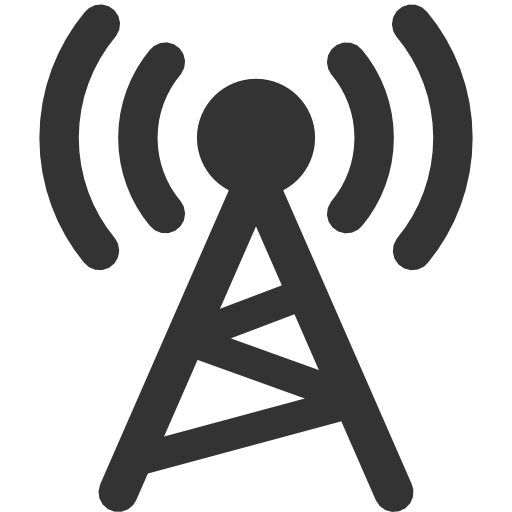
Visa Requirements
There are no passports or visas necessary for United States citizens, which mean that US citizens can travel freely in and out of the island without going through immigration or customs. US citizens only need to have some form of official government issued picture identification to enter Puerto Rico such as a current driver's license or a photo-identification card issued to non-drivers by a state's motor vehicles department.
Citizens of other countries have the same requirements as for entering the USA, please check at your local USA embassy. Potential visitors must first obtain a visa, either a non-immigrant visa for temporary stay or an immigrant visa for permanent residence. The 90-day "visitor" visa is a non-immigrant visa to enter the United States temporarily. A visa is not a guarantee of entry into Puerto Rico. The bearer of a visa is subject to inspection at the port of entry by U.S. Department of Homeland Security officials who have authority to deny admission.
Privacy of Information Policy
The information provided by the registrant will only be used by the RFSMW Organizing Committee to serve the registrant for this event. In no way will any individual information be given through, for example sale, exchange, or loan, to a third party for any reasons except as required by the prevailing law.

